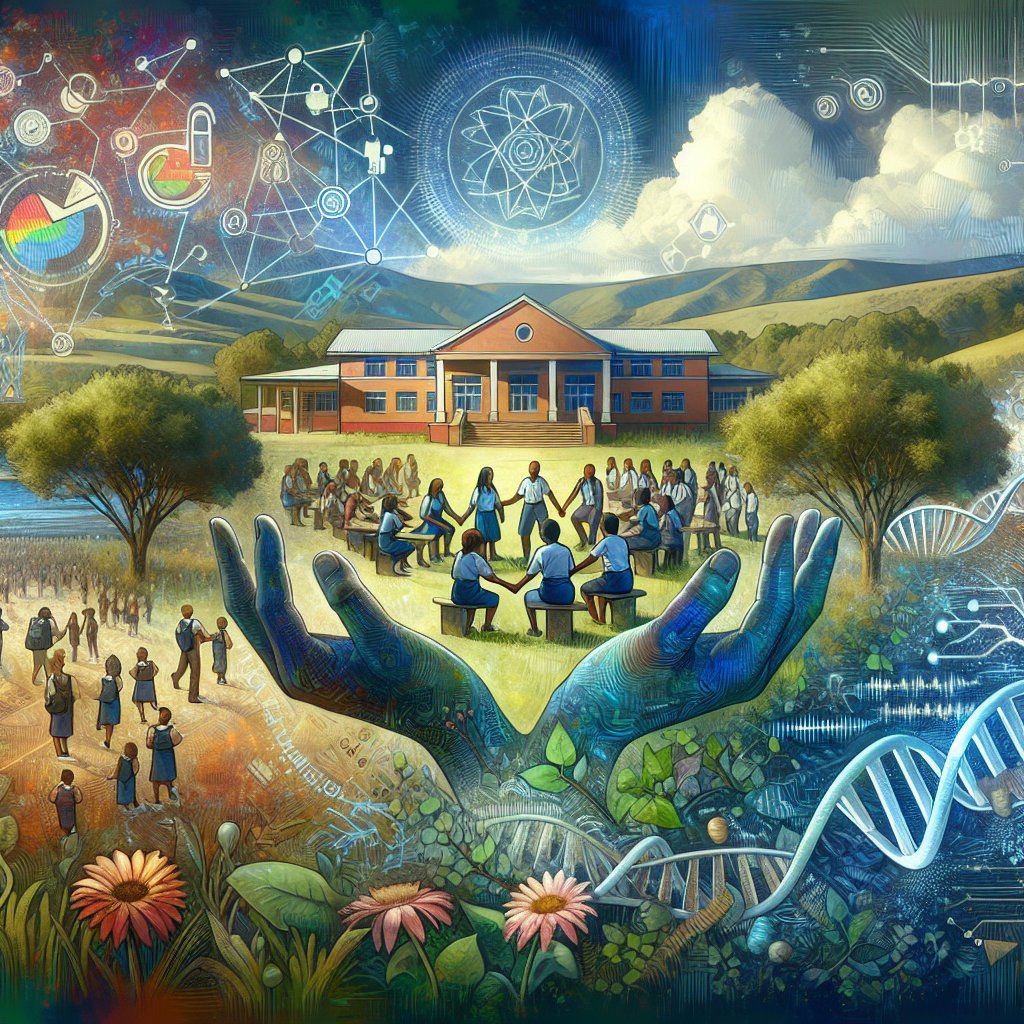Image created by AI
Debating Sexuality Education in South Africa: Upholding African Values vs. Moral Concerns
Amid the lush landscapes and vibrant cultures of South Africa, a simmering debate intensifies surrounding the topic of sexuality education. Parents and guardians across the nation are voicing strong opposition, fearing that such teachings could erode moral values and desecrate the innocence of their children. This sentiment stands in stark contrast to the position of the Department of Basic Education, which advocates for sexuality education as an essential tool in combatting social evils such as gender-based violence (GBV), femicide, and the spread of HIV/Aids.
Implemented two decades ago as part of the life orientation and life skills curriculum, Comprehensive Sexuality Education (CSE) sparked dissent. The department defends CSE as a shield against the confusing tangle of misinformation on sexuality and gender issues that youth may encounter. Despite these good intentions, endless discussions among scholars, community leaders, and religious organizations reflect a country divided, without a consensus on the inclusion of scripted lesson plans (SLPs) that the department tests in various provinces.
Central to the contention is a rich tapestry of African values, woven with threads of interdependence, shared responsibility, and ubuntu—a belief in collective humanity. African society, deeply steeped in spirituality, often places moral and spiritual growth at the heart of human development. Western psychological theories, however, typically emphasize the physical, mental, and social aspects, frequently sidelining spirituality. Amidst these differing philosophies, the African notion of spirituality remains a linchpin for morality and decision-making, deeply ingrained in the cultural DNA of the continent's peoples.
The modern digital age, marked by social media proliferation and unfettered internet access, exposes African youth to global influences and explicit content, challenging traditional African sensibilities. This exposure, inadvertently leading to a moral decline, heightens the urgency for culturally resonant solutions to pressing issues like GBV.
This article underscores the importance of integrating spirituality and Afrocentric perspectives within sexuality education. It advocates for a curriculum molded by local discourse and African-centric pedagogy. The role of parents is pivotal in this educational paradigm, for they are the primary custodians of their children's moral compass. Nurturing a violence-free and morally sound society requires embracing native values and experiences, setting aside Western-centric frameworks in favor of solutions born from African soil.
As the discourse surges forward, the need for a harmonious balance—upholding African values while addressing contemporary health and social issues—becomes increasingly clear. It is a call for a renaissance in education, one that honors the spirit of the African ethos while equipping its youth to navigate the complexities of the modern world.










